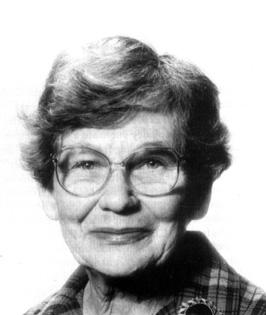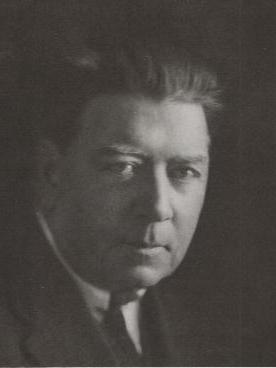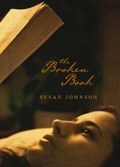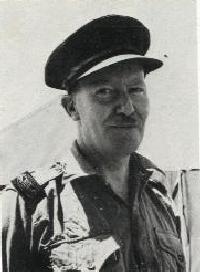I don't claim to read everything I'd like to get to in any one year. I just don't have the time. And sometimes I don't have the inspiration.
Books read during any one year are those bought by me, gifts (rare), and stuff I get from the library. I work full-time, though not in the literary field, am married with two kids and run this weblog. So time is a tad limited. I generally aim for 1 book a week; not a high number but it's the best I can do.
With that in mind I offer the best books of what I read during the year.
Australian Fiction
The White Earth by Andrew McGahan - I was very pleased to see this pick up the 2005 Miles Franklin Award. It's a book for the ages that will be read for many years to come. As I think I said at the time, it moves McGahan into the top rank of Australian authors.
Surrender by Sonya Hartnett - some might want to call this Hartnett's break-out novel, but I think she's been working at a high level for some years. This continues her progression towards work of great depth. She just needs to move to a new subject and theme.
The Tyrant's Novel by Tom Keneally - Keneally back to his best form, which is really world-class. Can't understand why this didn't get more recognition at the time.
Australian Speculative Fiction
Black Juice by Margo Lanagan - I didn't read much speculative fiction this year (either Australian or not) but it wouldn't have made any difference: this was the best collection of short fiction I've read since I don't know when. Given the accolades it's receiving around the world I'm not the only one who thinks that.
Australian Crime Fiction
The Broken Shore by Peter Temple - there are problems with the plotting in this book (it seems to head in one direction and then heads off somewhere else, leaving a major plot incident behind and unresolved) it's still streets ahead of a lot of novels in the genre.
"The Wyatt Novels" by Garry Disher - I've only read four of the six books in this series but they read as if they were slices from one long novel. Taut, suspenseful and, above all, well written crime novels told from the criminal's perspective.
Lost by Michael Robotham - a police procedural set in London with the main character haunted by a girl who has been missing for three years. The opening quarter is particularly good.
Australian Speculative Fiction
The Monkey's Mask by Dorothy Porter - what is it about Australian writers and verse novels? This one uses the crime genre to great effect. Truly excellent stuff.
Australian Non-Fiction
Best Australian Essays 2004 - stand-out collection of essays that highlight the best of Australian short non-fiction writing during 2004. I can see this will become an annual treat for me - perfect summer reading.
Non-Australian Fiction
Didn't read enough of great interest. This was a great year for me with Australian fiction, and that tended to overwhelm anything else.
Non-Australian Speculative Fiction
Wasp by Eric Frank Russell - funny and perceptive by turns this short novel dates from the 1950s yet the way it deals with terrorism and insurgency makes you think it's fresh and new.
Gifts by Ursula Le Guin - Le Guin is one of the best writers working in the US regardless of genre. The start of a new series.
Non-Australian Crime Fiction
The Ice Harvest by Scott Phillips - short, very sharp and funny with it. The only thing I can think of remotely like this book is the Coen Brothers' film "Fargo".
Cold Granite by Stuart MacBride - a police procedural set in Aberdeen. MacBride's first and an excellent read. His sense of place is quite wonderful. Like Rankin's Edinburgh, Aberdeen becomes a main character in the book.
Non-Australian Non-Fiction
Collapse by Jared Diamond - his follow-up to Guns, Germs and Steel. Not as convincing as his previous book but certainly thought-provoking.
The Tipping Point by Malcolm Gladwell - It's the little things that make the difference. I'm not completely persuaded by some of his arguments but he makes some excellent points.




